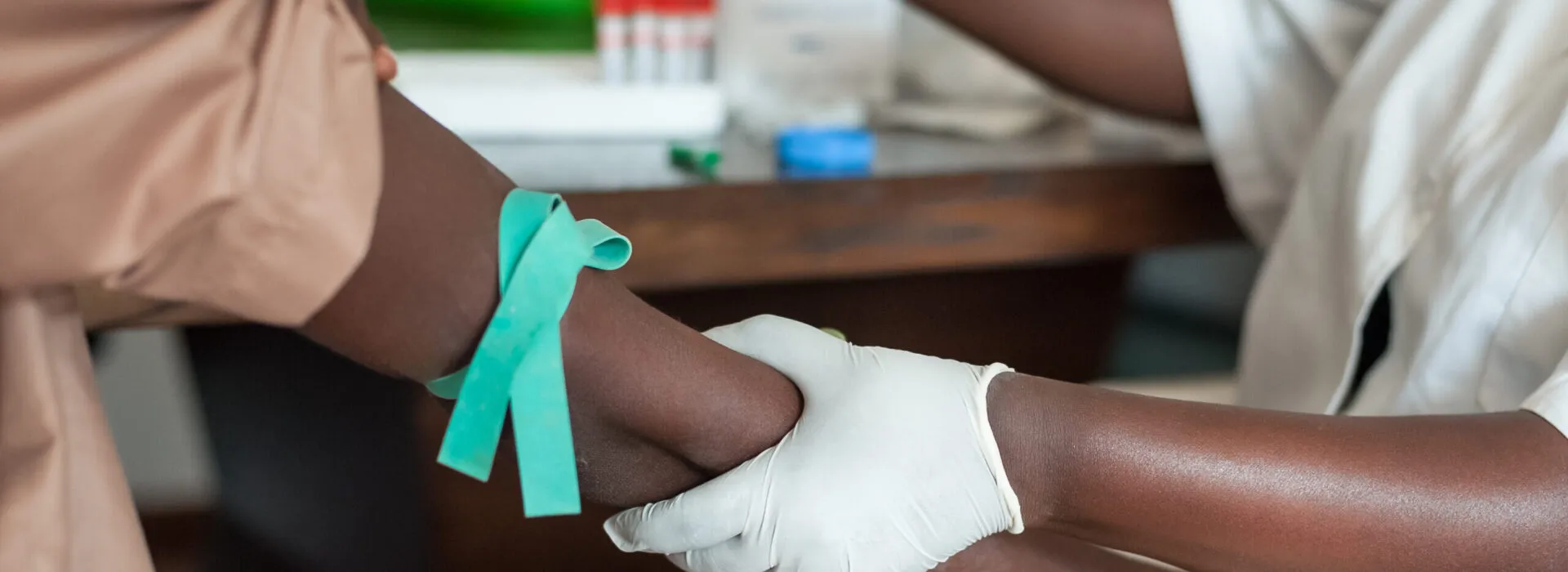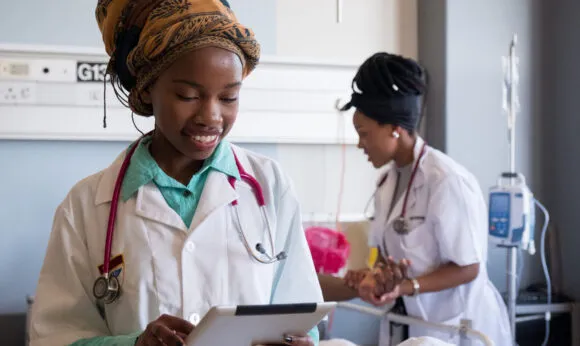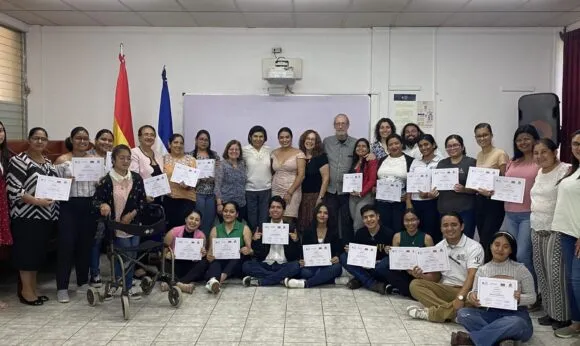
Support for Activity-Based Costing
Track how resources are used to deliver HIV services by directly observing patient journeys through health facilities.
- Impact Areas:
- Public Health & Safety
Impact
Activity-based Costing and Management (ABC/M) is a multi-country initiative launched by global health partners including the Global Fund, UNAIDS, USAID, and the U.S. Office of the Global AIDS Coordinator. The initiative tracks how resources are used to deliver HIV services by directly observing patient journeys through health facilities.
Our team led the first comprehensive analysis of activity-based costing and management (ABC/M) data from Uganda and Tanzania, providing critical insights into how HIV services are delivered and resourced. We analyzed five key HIV services—antiretroviral therapy (ART), HIV testing and counseling, prevention of mother-to-child transmission (PMTCT), voluntary medical male circumcision (VMMC), and pre-exposure prophylaxis (PrEP)—across 53 facilities, tracking more than 2,000 patients. The findings revealed cost variations by service, with consumables accounting for the largest share of expenditures. Both patient characteristics (such as age and health status) and facility factors (like funding source and region) influenced costs and resource use. Emphasizing country ownership, ABC/M has been implemented in Kenya, Mozambique, Namibia, Uganda, Tanzania, and Zimbabwe.
The research highlighted patterns of both equitable and inequitable resource allocation. While older and sicker patients received more provider time and resources, individuals at Preseident’s Emergency Plan for AIDS Relief (PEPFAR)-funded facilities and those with greater wealth also received more attention. These insights are helping inform efforts to improve the efficiency and equity of HIV service delivery, with future ABC/M research planned in additional countries.
In 2024, we hosted an ABC/M data use workshop in Uganda, which brought together a diverse group of stakeholders, including government officials, healthcare providers, and researchers, to collaboratively discuss advancements and challenges in ABC/M implementation. This interactive forum fostered knowledge exchange and strengthened partnerships to accelerate progress in HIV service delivery across the region.
In 2025, our team conducted a streamlined update to the ABC/M data in Tanzania to capture recent changes in service delivery and costs. By revisiting a subset of original facilities and focusing on high-impact services, we produced a low-cost, rapid refresh of key costing data. This approach allowed us to track shifts in resource use, assess trends over time, and provide timely insights to inform national HIV program planning and resource allocation—demonstrating a scalable model for future data updates in other countries.
To make ABC/M findings more accessible and actionable, we have developed interactive data dashboards that visualize key cost and service delivery metrics. These user-friendly tools allow users to pinpoint key findings from data collection and model future costs based on task-shifting, redesigned care delivery processes, and evolving resource costs—empowering policymakers and program managers to make informed, data-driven decisions that strengthen HIV programs.
Building on this foundational work, our team will continue to advance ABC/M research and its application to improve HIV service delivery. We will continue developing and maintaining interactive dashboards, deepening analysis to identify cost drivers, and supporting country partners in applying these insights to optimize resource allocation. As ABC/M expands to new settings, our work will help ensure data-driven strategies guide efficient, equitable investments in the HIV response worldwide.
Key Partners
Convergent partnerships are at the heart of what we do. We are proud to partner with federal and state agencies, non-profit and advocacy organizations, philanthropic institutions, and universities to elevate social work leadership and to create equitable health and mental health care systems for all.





